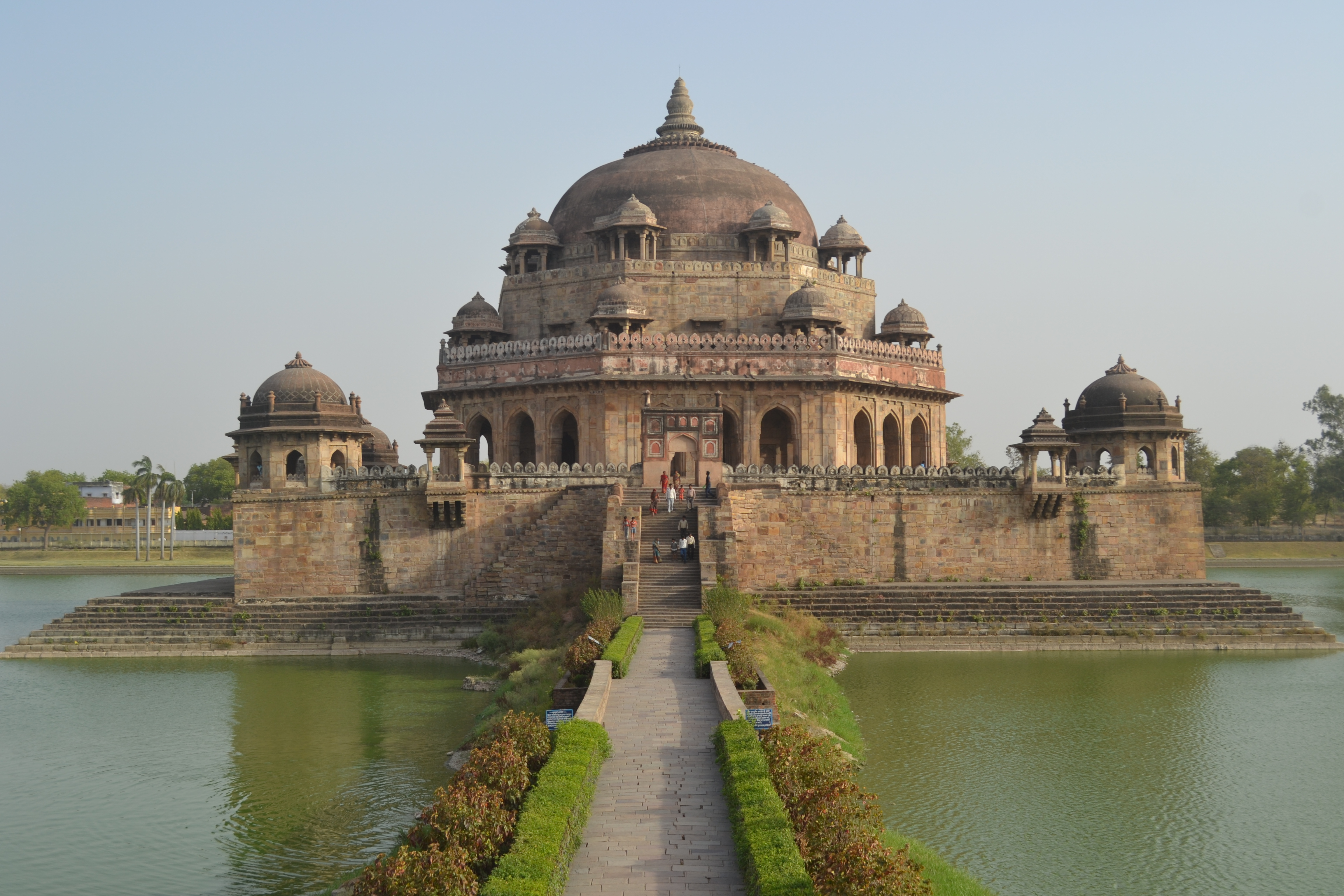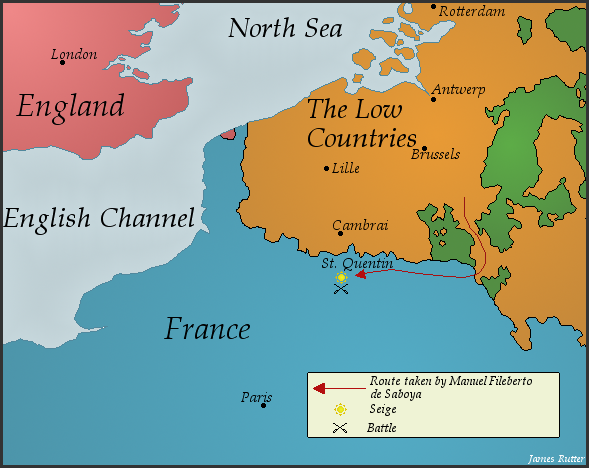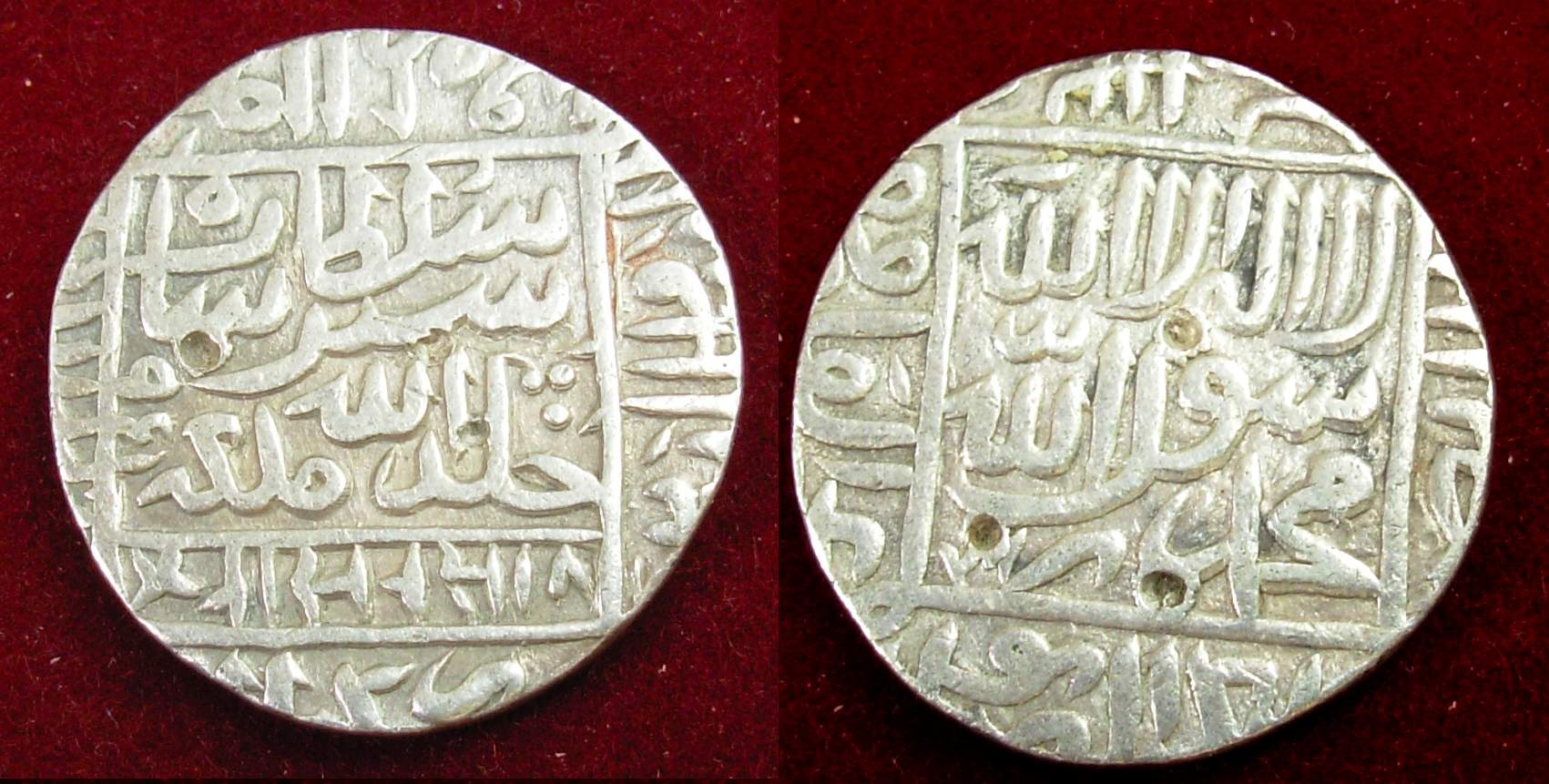|
Muhammad Shah Adil
Muhammad Adil Shah (r. 1554–1555Majumdar, R.C. (ed.) (2007). ''The Mughul Empire'', Mumbai: Bharatiya Vidya Bhavan, , pp.94–6) was the fourth ruler of the Suri dynasty, a late medieval Afghan dynasty in the northern Indian subcontinent. Early life He was the son of Nizam Khan, the younger brother of the Sultan Sher Shah Suri. Adil's sister, Bibi Bai, was married to Islam Shah Suri. His real name was Muhammad Mubariz Khan. He was responsible for the assassination of Firuz Shah Suri, the twelve-year-old son of Islam Shah Suri, in 1554. Then he ascended the throne as the last sultan of the united empire. He appointed Hemu as his Wazir. History In 1555, Adil's brother in law, Ibrahim Shah Suri of Agra, revolted. Adil Shah's army was defeated and he lost the throne of Delhi. Soon, the empire founded by Sher Shah was divided into four parts. As Delhi and Agra came under the rule of Ibrahim Shah Suri, only the territories from the vicinity of Agra to Bihar remained under Adil. ... [...More Info...] [...Related Items...] OR: [Wikipedia] [Google] [Baidu] |
Sur Dynasty
The Sur Empire ( ps, د سرو امپراتورۍ, dë sru amparāturəi; fa, امپراطوری سور, emperâturi sur) was an Afghan dynasty which ruled a large territory in the northern part of the Indian subcontinent for nearly 16 years, between 1540 and 1556, with Sasaram, in modern-day Bihar, serving as its capital. The Sur dynasty held control of nearly all the Mughal territories, from eastern Balochistan, Pakistan in the west to modern-day Rakhine, Myanmar in the east. History Sher Shah, an ethnic Pashtun of the tribal house of Sur, first served as a private before rising to become a commander in the Mughal army under Babur and then the governor of Bihar. In 1537, when Babur's son Humayun was elsewhere on an expedition, Sher Shah overran the state of Bengal and established the Suri dynasty. The Sur supplanted the Mughal dynasty as rulers of North India during the reign of the relatively ineffectual second Mughal Humayun. Sher Shah defeated ''badshah-i-Hind'' ... [...More Info...] [...Related Items...] OR: [Wikipedia] [Google] [Baidu] |
Sikandar Shah Suri
Sikandar Shah Suri (died 1559) was the sixth ruler of the Sur dynasty, a late medieval Pashtun dynasty of northern India. He became the sultan of Delhi after overthrowing Ibrahim Shah Suri. Early life Sikandar Shah Suri's actual name was Ahmad Khan Suri. He was the brother-in-law of sultan Muhammad Adil Shah. He was the governor of Lahore before declaring independence from Delhi in 1555.Majumdar, R.C. (ed.) (2007). ''The Mughul Empire'', Mumbai: Bharatiya Vidya Bhavan, , pp.94-6 Reign After becoming the independent sultan and bringing Punjab under control, he marched towards the territory controlled by sultan Ibrahim Shah Suri. Ibrahim was defeated in a battle at Farah, India near Agra and Sikandar took possession of both Delhi and Agra. While Sikandar was busy with his struggle against Ibrahim, Humayun captured Lahore in February 1555. Another detachment of his forces captured Dipalpur. Next, the Mughal army occupied Jalandhar and their advanced division proceeded towards S ... [...More Info...] [...Related Items...] OR: [Wikipedia] [Google] [Baidu] |
Year Of Birth Unknown
A year or annus is the orbital period of a planetary body, for example, the Earth, moving in its orbit around the Sun. Due to the Earth's axial tilt, the course of a year sees the passing of the seasons, marked by change in weather, the hours of daylight, and, consequently, vegetation and soil fertility. In temperate and subpolar regions around the planet, four seasons are generally recognized: spring, summer, autumn and winter. In tropical and subtropical regions, several geographical sectors do not present defined seasons; but in the seasonal tropics, the annual wet and dry seasons are recognized and tracked. A calendar year is an approximation of the number of days of the Earth's orbital period, as counted in a given calendar. The Gregorian calendar, or modern calendar, presents its calendar year to be either a common year of 365 days or a leap year of 366 days, as do the Julian calendars. For the Gregorian calendar, the average length of the calendar year ( ... [...More Info...] [...Related Items...] OR: [Wikipedia] [Google] [Baidu] |
1555 In India
Events from the year 1555 in India. Events * June Francisco Barreto takes up the position of viceroy in Goa, Portuguese India * Muhammad Adil Shah reign as fourth ruler of the Sur dynasty ends (since 1554) Births * Keshavdas, Sanskrit scholar and Hindi poet, author of Rasik Priya, is born in Orchha (dies 1617) Deaths * 16 June – Pedro Mascarenhas, viceroy of Portuguese India dies (born 1470) * 5 November – Hemu (Hemu Vikramaditya), Hindu emperor of north India. See also * Timeline of Indian history This is a timeline of Indian history, comprising important legal and territorial changes and political events in India and its predecessor states. To read about the background to these events, see History of India. See also the list of governor ... References {{India-year-stub ... [...More Info...] [...Related Items...] OR: [Wikipedia] [Google] [Baidu] |
1554 In India
{{India-hist-stub ...
Events from the year 1554 in India. Events * Date unclear – Firuz Shah Suri succeeds Islam Shah Suri as Sultan of Delhi * Date unclear – Muhammad Adil Shah succeeds Firuz Shah Suri as Sultan of Delhi Births Deaths * 22 November – Islam Shah Suri, Sultan of Delhi * Date unclear but 12 days or more after 22 November – Firuz Shah Suri, Sultan of Delhi See also * Timeline of Indian history References India India, officially the Republic of India (Hindi: ), is a country in South Asia. It is the seventh-largest country by area, the second-most populous country, and the most populous democracy in the world. Bounded by the Indian Ocean on the so ... [...More Info...] [...Related Items...] OR: [Wikipedia] [Google] [Baidu] |
1557 Deaths
__NOTOC__ Year 1557 ( MDLVII) was a common year starting on Friday (link will display the full calendar) of the Julian calendar. Events January–June * March – The Takeda clan besiege Katsurayama Castle in eastern Japan. The siege ends with the last stand of the castle garrison, and the complete destruction of Katsurayama, allowing the Takeda to further expand in Shinano Province. * April 12 – The Spanish settlement of Cuenca, Ecuador, is founded. * April 30 – Arauco War – Battle of Mataquito: Spanish forces of Governor Francisco de Villagra launch a dawn surprise attack against the Mapuche (headed by their toqui Lautaro), in present-day Chile. * By June – The 1557 influenza pandemic has spread, probably from China, to Europe. * June 7 – Mary I of England joins her husband Philip II of Spain, in his war against France. * June 10 – The New Testament of the Geneva Bible, a Protestant Bible translation into English (produced ... [...More Info...] [...Related Items...] OR: [Wikipedia] [Google] [Baidu] |
Indian People Of Afghan Descent
Indian or Indians may refer to: Peoples South Asia * Indian people, people of Indian nationality, or people who have an Indian ancestor ** Non-resident Indian, a citizen of India who has temporarily emigrated to another country * South Asian ethnic groups, referring to people of the Indian subcontinent, as well as the greater South Asia region prior to the 1947 partition of India * Anglo-Indians, people with mixed Indian and British ancestry, or people of British descent born or living in the Indian subcontinent * East Indians, a Christian community in India Europe * British Indians, British people of Indian origin The Americas * Indo-Canadians, Canadian people of Indian origin * Indian Americans, American people of Indian origin * Indigenous peoples of the Americas, the pre-Columbian inhabitants of the Americas and their descendants ** Plains Indians, the common name for the Native Americans who lived on the Great Plains of North America ** Native Americans in the Uni ... [...More Info...] [...Related Items...] OR: [Wikipedia] [Google] [Baidu] |
Indian People Of Pashtun Descent
Indian or Indians may refer to: Peoples South Asia * Indian people, people of Indian nationality, or people who have an Indian ancestor ** Non-resident Indian, a citizen of India who has temporarily emigrated to another country * South Asian ethnic groups, referring to people of the Indian subcontinent, as well as the greater South Asia region prior to the 1947 partition of India * Anglo-Indians, people with mixed Indian and British ancestry, or people of British descent born or living in the Indian subcontinent * East Indians, a Christian community in India Europe * British Indians, British people of Indian origin The Americas * Indo-Canadians, Canadian people of Indian origin * Indian Americans, American people of Indian origin * Indigenous peoples of the Americas, the pre-Columbian inhabitants of the Americas and their descendants ** Plains Indians, the common name for the Native Americans who lived on the Great Plains of North America ** Native Americans in the Un ... [...More Info...] [...Related Items...] OR: [Wikipedia] [Google] [Baidu] |
16th-century Indian Muslims
The 16th century begins with the Julian year 1501 ( MDI) and ends with either the Julian or the Gregorian year 1600 ( MDC) (depending on the reckoning used; the Gregorian calendar introduced a lapse of 10 days in October 1582). The 16th century is regarded by historians as the century which saw the rise of Western civilization and the Islamic gunpowder empires. The Renaissance in Italy and Europe saw the emergence of important artists, authors and scientists, and led to the foundation of important subjects which include accounting and political science. Copernicus proposed the heliocentric universe, which was met with strong resistance, and Tycho Brahe refuted the theory of celestial spheres through observational measurement of the 1572 appearance of a Milky Way supernova. These events directly challenged the long-held notion of an immutable universe supported by Ptolemy and Aristotle, and led to major revolutions in astronomy and science. Galileo Galilei became a champion o ... [...More Info...] [...Related Items...] OR: [Wikipedia] [Google] [Baidu] |
Shah
Shah (; fa, شاه, , ) is a royal title that was historically used by the leading figures of Iranian monarchies.Yarshater, EhsaPersia or Iran, Persian or Farsi, ''Iranian Studies'', vol. XXII no. 1 (1989) It was also used by a variety of Persianate societies, such as the Ottoman Empire, the Kazakh Khanate, the Khanate of Bukhara, the Emirate of Bukhara, the Mughal Empire, the Bengal Sultanate, historical Afghan dynasties, and among Gurkhas. Rather than regarding himself as simply a king of the concurrent dynasty (i.e. European-style monarchies), each Iranian ruler regarded himself as the Shahanshah ( fa, شاهنشاه, translit=Šâhanšâh, label=none, ) or Padishah ( fa, پادشاه, translit=Pâdešâh, label=none, ) in the sense of a continuation of the original Persian Empire. Etymology The word descends from Old Persian ''xšāyaθiya'' "king", which used to be considered a borrowing from Median, as it was compared to Avestan ''xšaθra-'', "power" and " ... [...More Info...] [...Related Items...] OR: [Wikipedia] [Google] [Baidu] |
Suri Dynasty
The Sur Empire ( ps, د سرو امپراتورۍ, dë sru amparāturəi; fa, امپراطوری سور, emperâturi sur) was an Afghan dynasty which ruled a large territory in the northern part of the Indian subcontinent for nearly 16 years, between 1540 and 1556, with Sasaram, in modern-day Bihar, serving as its capital. The Sur dynasty held control of nearly all the Mughal territories, from eastern Balochistan, Pakistan in the west to modern-day Rakhine, Myanmar in the east. History Sher Shah, an ethnic Pashtun of the tribal house of Sur, first served as a private before rising to become a commander in the Mughal army under Babur and then the governor of Bihar. In 1537, when Babur's son Humayun was elsewhere on an expedition, Sher Shah overran the state of Bengal and established the Suri dynasty. The Sur supplanted the Mughal dynasty as rulers of North India during the reign of the relatively ineffectual second Mughal Humayun. Sher Shah defeated ''badshah-i-Hind'' ... [...More Info...] [...Related Items...] OR: [Wikipedia] [Google] [Baidu] |
Ghiyasuddin Bahadur Shah II
Ghiyasuddin Bahadur Shah II (also Khizr Khan Suri, ''reigned:'' 1555–1561) was an independent ruler of Bengal. He was the son of Sultan Shamsuddin Muhammad Shah. History Bahadur Shah came to power after deposing the governor Shahbaz Khan. During his reign Bahadur Shah killed Muhammad Adil Shah in 1557. Later Bahadur Shah tried to capture Jaunpur but he was defeated by Mughal forces. See also *List of rulers of Bengal *History of Bengal *History of India According to consensus in modern genetics, anatomically modern humans first arrived on the Indian subcontinent from Africa between 73,000 and 55,000 years ago. Quote: "Y-Chromosome and Mt-DNA data support the colonization of South Asia by m ... References {{reflist 16th-century Indian monarchs Sultans of Bengal 16th-century Indian Muslims Indian people of Pashtun descent Indian people of Afghan descent 16th-century Afghan people ... [...More Info...] [...Related Items...] OR: [Wikipedia] [Google] [Baidu] |





